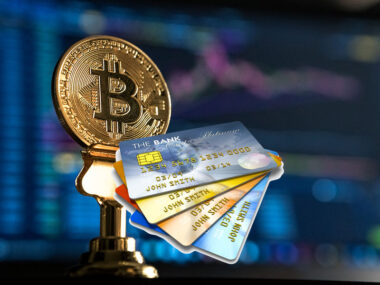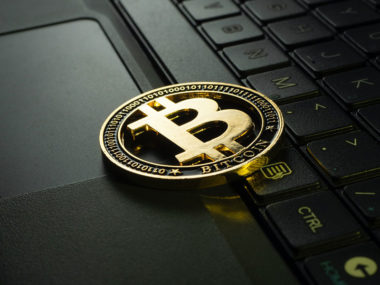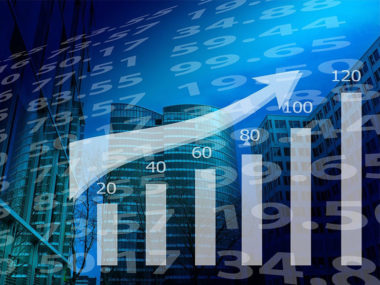What does it mean to live a fulfilled life in today’s world? Baby boomers’ aspirations often include having a family, owning some property, enjoying a fruitful career, and making an impact on the world, among other lifetime goals. The whole idea behind the American dream is that we are free to choose our own destinies. But does the American dream change from generation to generation?
Though the same notions of settling down and maintaining a successful career play on, millennials are reinventing what the American dream looks like and the path it takes to get there. With the evolution of ridesharing and worries over the state of the planet, will millennials break tradition when it comes to investing their money?
Owning a Car
All of us need to get from point A to point B, but a growing portion of Americans do so without the use of a personal vehicle. Walking, biking, ridesharing, and the use of public transport have grown in popularity in many cities across the country. As more alternatives to cars become popular, fewer people continue to rely on personal vehicles.
However, a 2017 survey by Accel + Qualtrics found that the idea of a millennial “Don’t Own” economy was merely a myth, as 75% of those who didn’t own a car held aspirations of someday owning one.
Though city-dwellers may not need to rely on a car, it’s not always the same story for suburban residents. For the latter, it can be simply too far to travel to work, the grocery store, and everywhere else by foot or bike. The choice to own a car may be more based on location than it is on your age or generation.
Taking out an auto loan can be a smart financial decision for anybody residing outside of a city. As long as you are diligent about making your loan payments on time, your credit score will receive a significant increase by the end of your loan. However, if you get in over your head and can’t pay back the money on time, it will have the opposite effect, so you need to be sure you manage your finances well for the life of the loan.
Earning a Degree
The median annual salary of a high school graduate in 1965 was about $31,000. Fifty years later, a high school diploma only earns you about $28,000 per year. If you take a look at college degrees, you’ll see that 50 years ago a college grad was making about $38,000 per year. In 2017, a bachelor’s degree earner can expect to pull in around $45,000 annually.
This seems like improvement doesn’t it? Yet, it is estimated that $45,000 a year in 1962 would have been the equivalent of over $350,000 in 2012. Salaries for college grads may have gone up $7,000 dollars annually in the last 50 years, but the price of just about everything else has gone up even more.
You’ve probably heard the phrase “your education is an investment.” While this is true, investing in college isn’t the same as it was even 20 to 30 years ago for college grads. The average graduate today can expect to borrow at least $37,172 in student loans over the course of their education. The high cost of a college degree leaves many people wondering if college is worth it. The answer is pretty complicated.
Millennials may find that they don’t have a choice when it comes to whether or not they should invest in a college degree. A salary of $28,000 a year for a single person — or about $15 per hour — is barely a liveable wage. Trying to save for retirement, buy a home, and have earnings left over for other necessities could be impossible for millennials on such a low budget. The extra earnings that come with a degree may be well worth the monthly payment on student loans.
Environmental Awareness
Climate change doesn’t seem like a tangible thing you can just stop overnight, and it’s not — averting the impending climate crisis will take a worldwide coalition. With this in mind, it’s important to understand the personal impact that the environment is having on each individual, as well as your impact on it.
Scientists attribute the increase in global warming to human activities that accelerate the “greenhouse effect.” Such activities mostly consist of burning fossil fuels such as oil and coal — the clearing of land for agriculture and industry contributes less to global warming, but still has an adverse effect.
Although consumers’ adoption of alternative energy sources is rising, fossil fuels are nowhere near being phased out; in 2018, they met about 80% of the U.S.’s energy demand. As a result, millennials are expected to pay about $8.8 trillion in damage costs due to climate change over the course of their lifetime.
Now that climate change’s effect on our wallets is clear, what can you do about it? It’s simple: be aware of your carbon footprint and invest in products that help to combat climate change.
Many millennials are strict about their money management, and rightfully so. When you’re working for a small-to-medium salary, saving money is key. However, if you view climate action as the investment that it truly is by spending a little extra on energy efficiency modifications for your home, an environmentally friendly vehicle or mode of transportation, or other sustainable consumer goods, you can make a difference.
Even if you choose to manage your money via the same investments your parents and grandparents made, the price tag just isn’t remotely the same as what they were faced with. This isn’t to say that previous generations weren’t faced with difficult situations and financial problems, but the fact is millennials earn less than those generations did at the same age.
Lower earnings feed the need for millennials to get loans. Moreover, it’s important to make sound investments for a financially and environmentally secure future. However, before you dive into any investments or loans, it is wise to examine how these commitments will affect your earnings as well as your credit and ability to invest down the line.
Image “Wise Investing” by CafeCredit.com is licensed under CC BY 2.0





